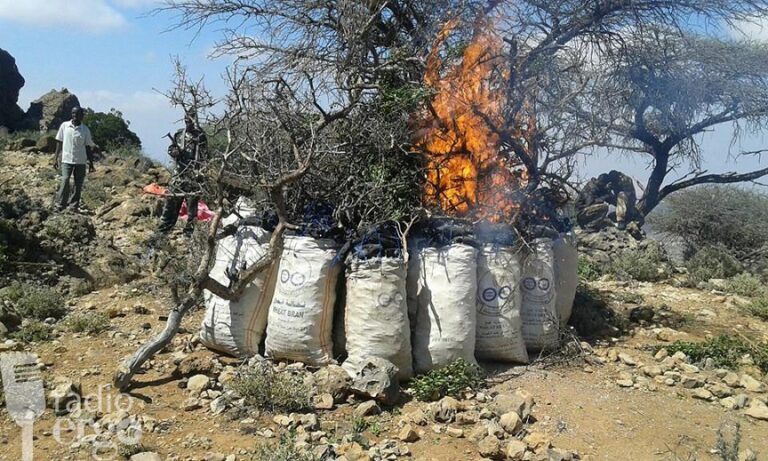The frequent occurrence of deforestation in the country, driven primarily by the demand for charcoal, has emerged as a significant contributing factor to droughts experienced in Somalia.
A considerable number of Somalis are engaged in the charcoal business, catering to both local markets and international demand, particularly in Arab countries.
While the traditional use of charcoal for cooking remains prevalent among many Somalis, the upper middle class has shifted to cooking gas as an alternative fuel source.
However, due to financial constraints, poorer segments of the population continue to rely on charcoal for cooking, as they are unable to afford cooking gas.
Experts in environmental science emphasize that deforestation plays a crucial role in perpetuating the cycle of drought and instability, leading to delayed rains that adversely affect various regions in Somalia.
Unfortunately, loggers and charcoal dealers remain largely unaware of the detrimental effects caused by deforestation.
The regions most severely impacted by rampant deforestation include Sanaag, Juba, and Lower Shabelle. Currently, the country lacks official legislation addressing deforestation, which poses a significant challenge in curbing this pressing issue.
Ayanle Qoyste
